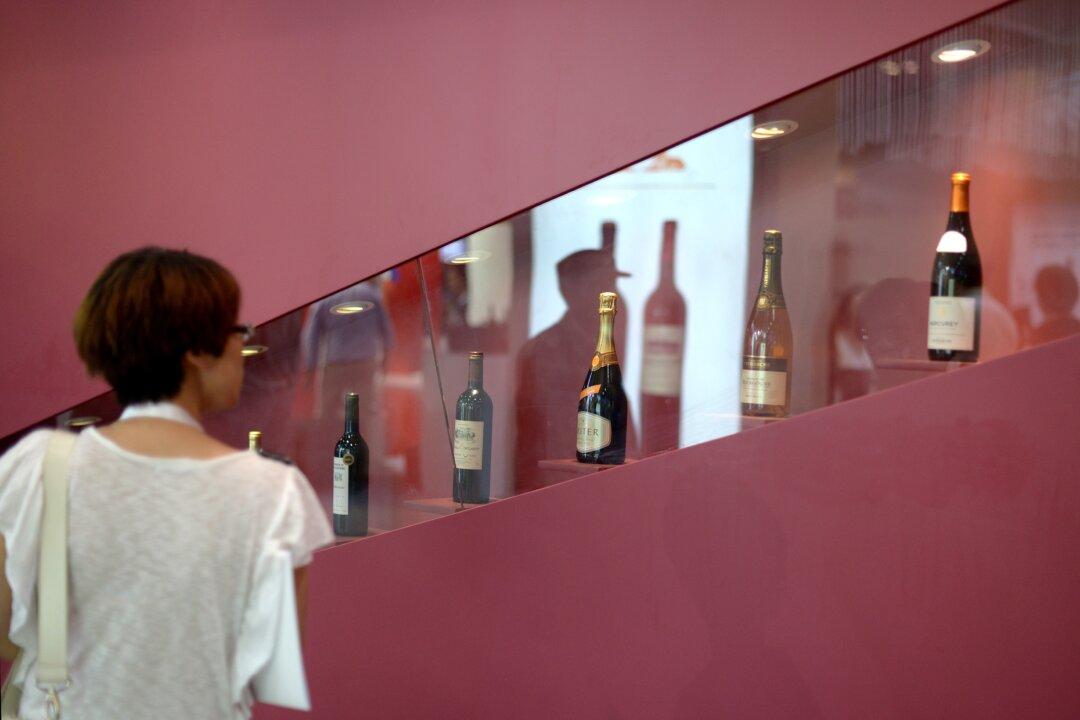The European Union (EU) has moved forward with a complaint at the World Trade Organization (WTO) that alleges China improperly imposed preliminary tariffs on the bloc’s brandies.
“China has not proven that there is any threat of injury to its brandy industry, nor that there is a causal link between the alleged threat of injury and imports of brandy from the EU,” the European Commission said in a Nov. 25 statement, adding that the initiation of the case was based on “insufficient evidence.”




